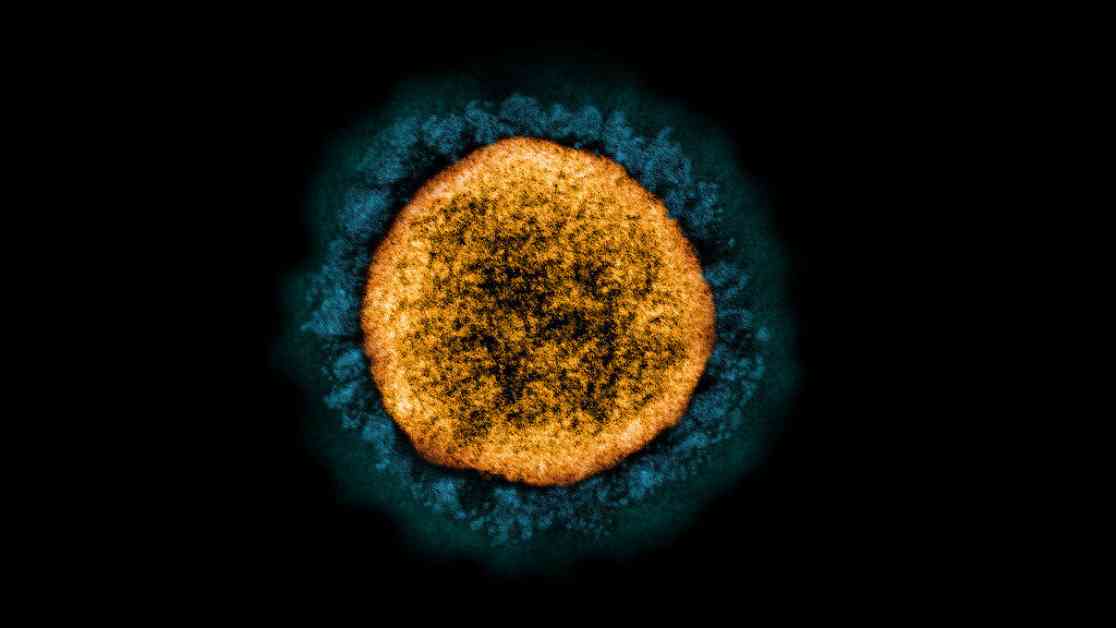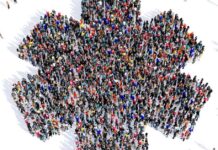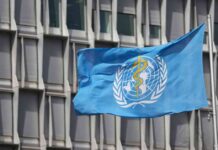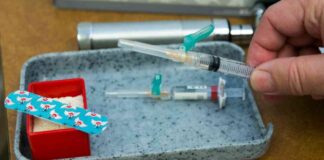The Covid-19 pandemic that originated in Wuhan, China in late 2019 has sparked heated debates about its origins. While the zoonosis hypothesis suggests that the virus naturally transmitted from animals to humans in a wet market, the lab leak hypothesis proposes that the virus may have escaped from a laboratory. Despite the solid evidence supporting the zoonosis hypothesis, the lab leak idea has gained traction among politicians and the public, leading to detrimental effects on the scientific community.
The zoonosis hypothesis is well-supported by evidence, as viruses often jump from animals to humans, leading to epidemics or pandemics. The illegal wildlife trade and wet markets pose significant risks for zoonotic transmission, highlighting the need for preventive measures. On the other hand, the lab leak hypothesis lacks substantial evidence and is largely speculative, causing unwarranted attacks on scientists and researchers.
The dominance of the lab leak narrative in public discourse is concerning, as it undermines the credibility of the scientific community and hampers efforts to combat future pandemics. Scientists are facing harassment, threats, and intimidation, leading to a reluctance to engage in critical research on global health issues. This trend could have long-term consequences for pandemic preparedness and scientific advancement.
It is crucial to support scientific research and protect researchers from baseless accusations and attacks. Maintaining trust in science and public health institutions is essential for effective pandemic response and prevention. By promoting a more informed and respectful dialogue, we can ensure that scientists can continue their vital work without fear of reprisal.
As we navigate the challenges posed by the Covid-19 pandemic and future health threats, it is important to remember that viruses, not virologists, are the real enemies. By upholding the integrity of scientific inquiry and fostering a culture of collaboration and understanding, we can build a stronger foundation for addressing global health crises.


















